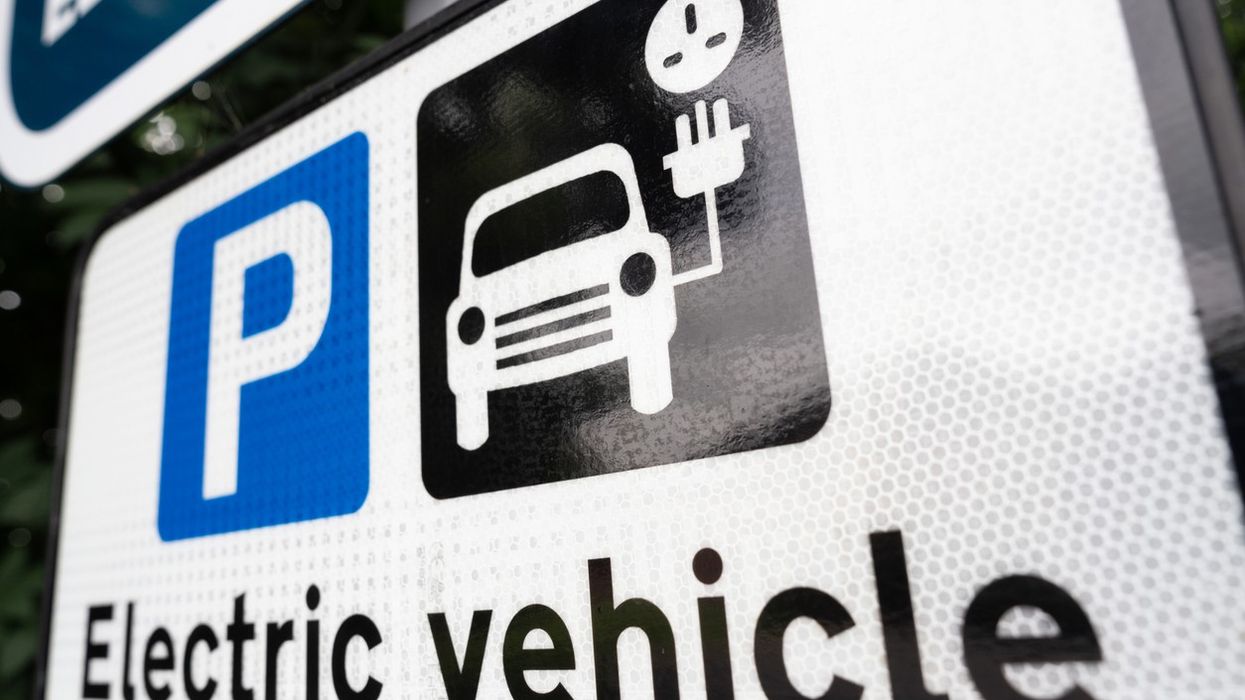Highlights:
- Everyday tools are removing friction and nuance from human life.
- Convenience is erasing effort, creativity and even curiosity.
- Research warns that over-automation may leave people less engaged and less skilled.
The age of effortless living
Technology once stood for empowerment tools that helped people work faster, connect further and think bigger. But as systems have grown more autonomous, the sense of human involvement has quietly slipped away.
Today’s devices often act before we do. Search engines finish our questions, phones sort our photos into albums we never created, and email clients suggest replies before we have even read the message. What once required attention has become a string of automatic gestures: a swipe here, a tap there.
The Office for National Statistics reports that UK adults now spend more than four hours online daily, much of it inside ecosystems that curate what we see. Streaming platforms queue the next episode automatically; shopping sites recommend what to buy before we search. It feels convenient, but every pre-filled suggestion and auto-play decision reduces the small moments when we would otherwise choose for ourselves.
When convenience breeds complacency
This automation, while designed to save time, may also be shaping our thinking. Research from Pennsylvania State University and Oxford University found that the more a system “acts” on our behalf, the less users feel in control of their own choices. That loss of agency doesn’t happen dramatically; it slips in through everyday habits.
Consider predictive text: it corrects spelling but also subtly shapes language. People start to accept suggested phrases because they are faster to select than to type. Over time, vocabulary narrows. Similarly, recommendation feeds on social media keep us scrolling by offering what algorithms think we want, not necessarily what we might seek on our own. The Oxford Internet Institute notes that this form of “passive engagement” discourages exploration, creating narrower digital routines.
Automation saves seconds, but it also removes the slow thinking that once helped us evaluate and decide. Convenience, at scale, can dull curiosity.
Creativity in the age of templates
In the creative sphere, efficiency is often mistaken for originality. Design platforms that auto-arrange layouts, music tools that complete melodies, and grammar programs that polish sentences all promise to “enhance” human work. Yet their default settings tend to guide everyone towards similar results.
The UK’s Creative Industries Policy and Evidence Centre warns that such standardisation risks narrowing the creative range across digital platforms. A 2024 study in Scientific Reports reached a similar conclusion, finding that people who co-created with automated systems actively adjusting and questioning the output produced more distinctive results than those who accepted automatic versions.
It’s an invisible trade-off: creative control exchanged for speed. What emerges is polished, but rarely personal.
Human skills at risk
Automation’s reach extends into everyday life. Navigation apps, for example, have replaced not only maps but also the mental exercise of orienting ourselves. The Royal Geographical Society found that younger drivers who rely solely on satellite navigation develop weaker spatial awareness than those using traditional map-reading. Similarly, research from University College London shows that constant GPS use leads to poorer recall of routes and landmarks.
Elsewhere, task-management apps decide the order of our workdays, and “smart fridges” track grocery use, all efficient, but all replacing the minor decisions that build memory and independence. When machines remember everything for us, we forget how to remember.
Reclaiming the human layer
Experts increasingly argue for restoring balance, designing systems that assist without replacing intent. The Centre for International Governance Innovation notes that meaningful innovation keeps human agency at its core.
Some developers are beginning to introduce what they call “intentional friction”: tools that prompt users before posting, delay impulse purchases, or pause continuous scrolling. These small design choices re-establish awareness in a digital environment built for speed.
Progress doesn’t mean removing effort altogether. Sometimes, the brief hesitation before hitting “send” or the choice to find a route unaided is what keeps us thinking. As technology continues to simplify life, the challenge is to ensure that people remain participants, not spectators, in their own decisions.














